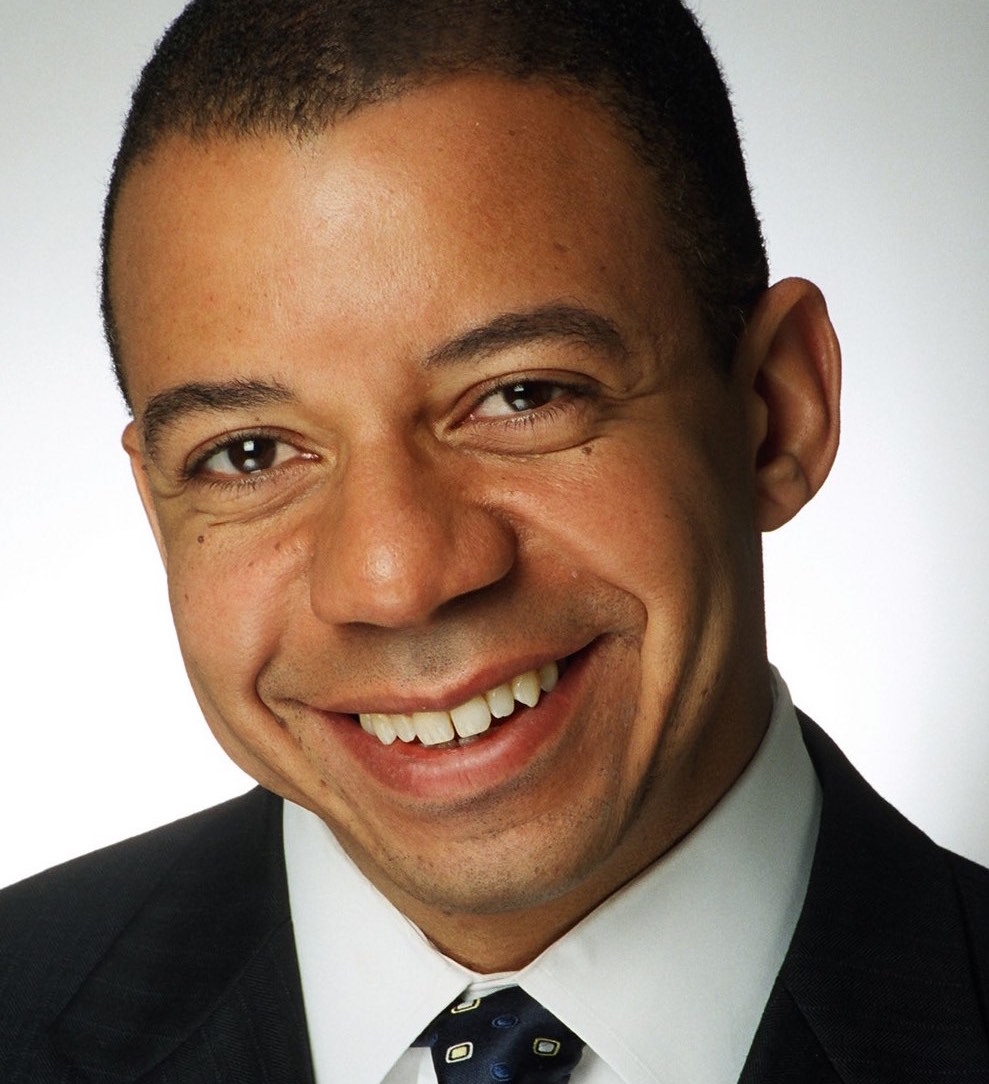
Mark Watson is Managing Director of the Boston Impact Initiative Fund, which offers blended capital to address the racial wealth gap in eastern Massachusetts.
He is also the Founder of Keel Asset Management LLC, a financial advisory firm that provides socially responsible financial planning and investment advisory services to nonprofits, public and corporation pension plans. He is also an investment committee member of the Fair Food Fund; Chair of the Triskeles Foundation’s asset management committee; Board President of Sustainable Cape, Inc.; and a former board member of the Social Venture Network.
In this 3,690 word interview, Mr. Watson discusses his unique investment strategy, exclusively for the Wall Street Transcript.
“The fund’s operation sits inside of a 501(c)(3), whose mission is poverty elevation broadly speaking, and the fund sells notes to investors through the range of notes.
Those notes essentially raise debt from both accredited and nonaccredited investors and philanthropists. Those stakeholders can be high net worth folks. It could be family offices. It could be donor-advised funds. It could be individual investors.
For example, it could be local churches or faith-based organizations who have different terms that allow us to mix the incoming proceeds in a variety of ways to match the deployment that’s required by the entities that we’re investing in. So all that we owe back to investors is their principal and some interest. So that’s one distinction.
The second distinction is any upside accrues to the fund and will be recycled for reinvestment. The purpose of the fund is to regenerate community wealth, not extract wealth from them.
So any of the upside that accrues from, let’s say, we invest in a business that gets purchased by a third party, the upside accrues back to the nonprofit and then gets recycled back through the deployment process.
I have worked in traditional investments for more than 20 years. Some investors are looking for market-rate returns, which can be extractive from the same neighborhood that we’re actually trying to reinvest in.
So our focus is to deploy capital in a way that rebuilds assets, building strength in communities.”
One example has already gained significant traction:
“A second business in which we made an investment is a food business that I believe will be one of the nation’s newest nut-free consumer brands, called 88 Acres, which again went from zero revenues, now has a plant in Dorchester, Massachusetts, hired from the community offering living wages and is now selling product nationally through Amazon (NASDAQ:AMZN), Whole Foods, Costco (NASDAQ:COST) and Target (NYSE:TGT) as well as public schools, and should be close to $13 million run rate on an annualized basis at the end of this year. They started with us at zero.
There are a number of exciting opportunities that are big like that.”
To get all the detail on this innovative fund, read the entire 3,690 word exclusive interview, only in the Wall Street Transcript.
Amazon.com, Inc. (NASDAQ:AMZN) Continues Disrupting Retail; Amazon Prime Continues Attracting Shoppers
July 12, 2016
Target Corporation (TGT) and Novartis AG (NVS) See a Decade of Dividend Growth
May 14, 2013
Wal-Mart Stores, Inc. (WMT) and Target Corporation (TGT) Focus More on Pet Arena by Serving Specific Demographic
July 15, 2013
The Benefits of Including Amazon.com, Inc. (NASDAQ:AMZN) in a Portfolio
February 29, 2016
Costco Wholesale Corporation (NASDAQ:COST) Makes Value to Customers Main Priority
February 17, 2016